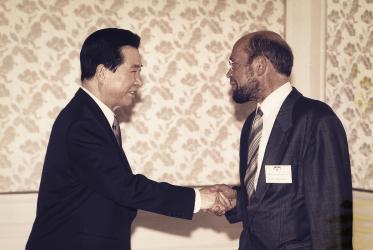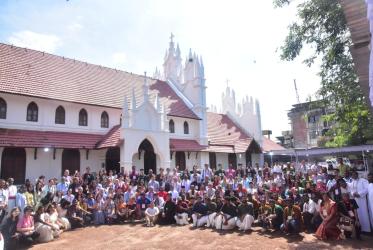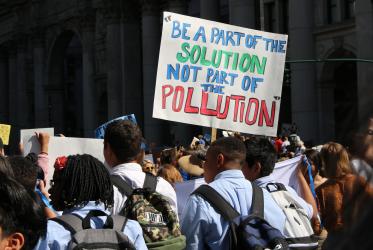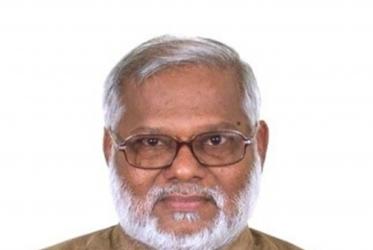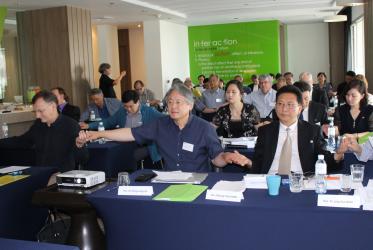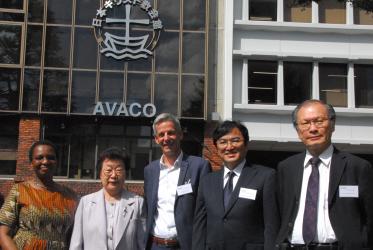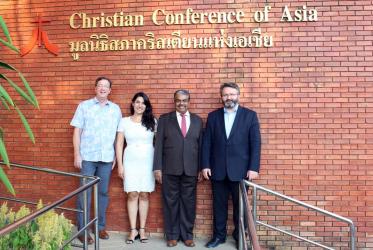Displaying 1 - 20 of 36
Blending local and global ecumenism in Asia
02 November 2023
WCC mourns loss, celebrates life of Bennet Benjamin
09 August 2021
Peace and unity on the Korean Peninsula matters globally
25 February 2021
WCC delegation meets with Korean prime minister
19 November 2019
In Japan, theologians reflect on today’s global manifestations of racism
18 September 2019
In Japan, indigenous and ecumenical youth call for action against racism
12 September 2019
Conciliar Unity: Whither Vision and Direction?
14 December 2018

